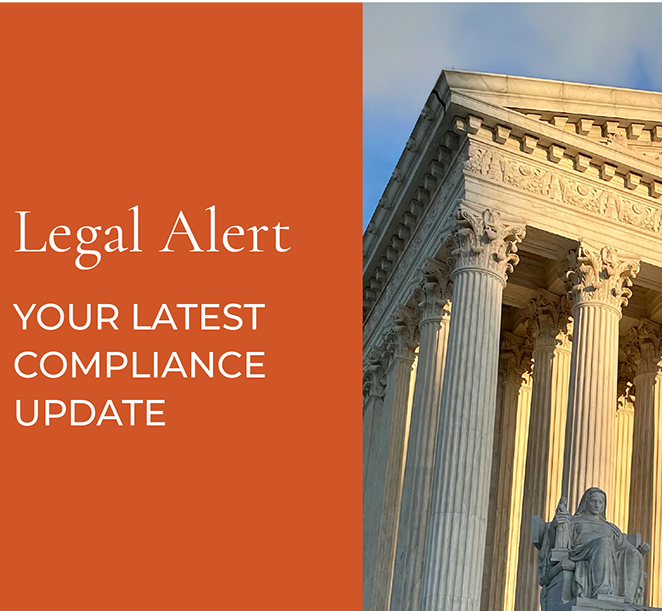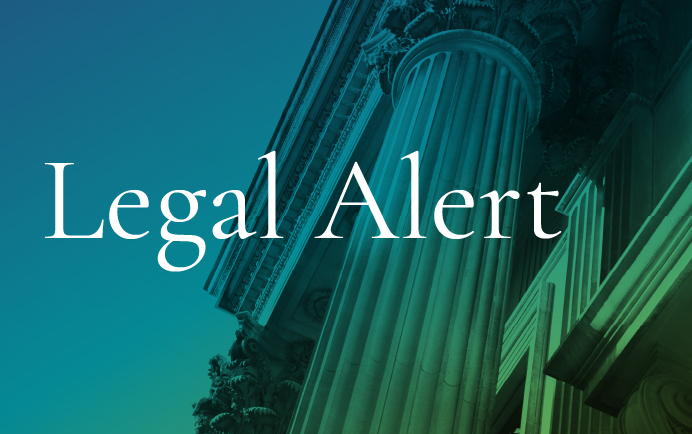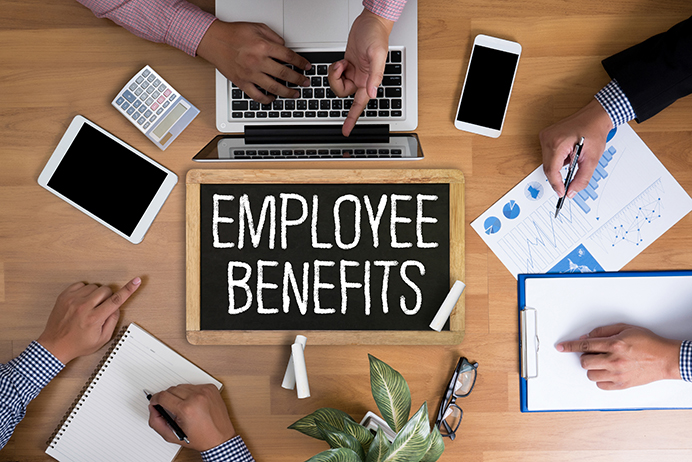Leave Laws & COVID-19
Today, I reached out to compliance and benefits attorney, Marilyn Monahan, to ask how COVID-19 might interact with leave laws. I’m sharing what I learned with the broader community.
Employers should review their sick leave policies to determine whether employees who take time off if they have the COVID-19 virus, or to care for a family member with the virus, are entitled to paid time off. Depending on the terms of the employer’s sick leave policy, and the employee’s satisfaction of any eligibility requirements, employees may be entitled to paid time off in such circumstances.
Some states (such as California) and some municipalities (such as Berkeley, Emeryville, Los Angeles, Oakland, San Diego, San Francisco, and Santa Monica) require employers to provide paid sick leave. In California, paid sick leave may be taken for the “Diagnosis, care, or treatment of an existing health condition of, or preventive care for, an employee or an employee’s family member.” (See Cal. Lab. Code § 246.5.)
Leave under FMLA (and, in California, CFRA) may be available if the employer is subject to the law and the employee satisfies the eligibility requirements. Leave under FMLA (and CFRA) may be taken because of a “serious health condition that makes the employee unable to perform the functions of the position of such employee.” 29 U.S.C. § 2612(a)(1)(D).
In some cases—but not all—the flu can qualify as a “serious health condition,” and therefore the COVID-19 virus could also qualify. See Miller v. AT&T Corp., 250 F.3d 820 (4th Cir. 2001).
For purposes of FMLA, a “serious health condition” means an “illness, injury, impairment or physical or mental condition that involves inpatient care... or continuing treatment by a health care provider...”
As an example, an individual with the COVID-19 virus who requires “continuing treatment” may be entitled to FMLA leave. The FMLA regulations define “continuing treatment” as a period of incapacity of more than three consecutive, full calendar days, and any subsequent treatment or period of incapacity relating to the same condition, that also involves:
(1) Treatment two or more times, within 30 days of the first day of incapacity, unless extenuating circumstances exist, by a health care provider, by a nurse under direct supervision of a health care provider, or by a provider of health care services (e.g., physical therapist) under orders of, or on referral by, a health care provider; or
(2) Treatment by a health care provider on at least one occasion, which results in a regimen of continuing treatment under the supervision of the health care provider.
(3) The requirement in paragraphs (a)(1) and (2) of this section for treatment by a health care provider means an in-person visit to a health care provider. The first (or only) in-person treatment visit must take place within seven days of the first day of incapacity.
(4) Whether additional treatment visits or a regimen of continuing treatment is necessary within the 30-day period shall be determined by the health care provider.
(5) The term extenuating circumstances in paragraph (a)(1) of this section means circumstances beyond the employee's control that prevent the follow-up visit from occurring as planned by the health care provider. Whether a given set of circumstances are extenuating depends on the facts. For example, extenuating circumstances exist if a health care provider determines that a second in-person visit is needed within the 30-day period, but the health care provider does not have any available appointments during that time period.
Employers should consult with their employment lawyer if they have any questions about how to apply leave laws and policies in a particular circumstance relating to COVID-19.





